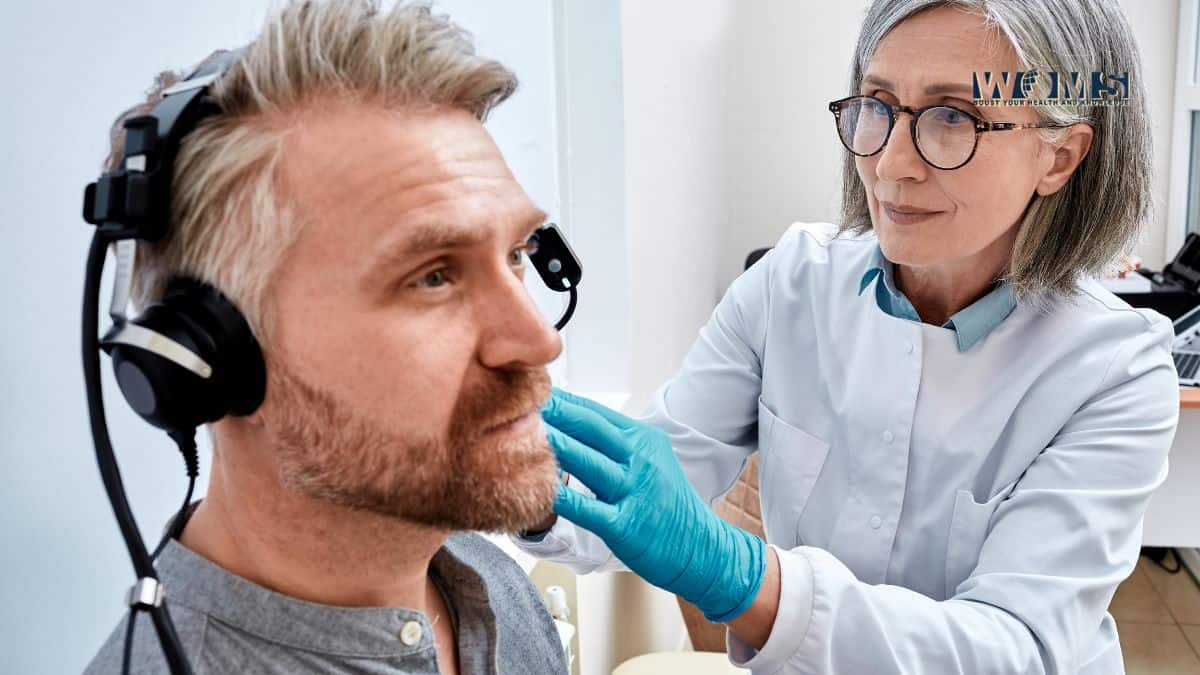How to Find the Best Hearing Clinics in Your Area: A Complete Guide

Hearing health is an essential part of overall well-being, yet many people delay or overlook regular checkups. Whether you’re experiencing early signs of hearing loss or simply want a routine exam, choosing the right clinic can make a significant difference in the quality of care you receive. With so many options available, knowing what to look for will help you make an informed decision.
1. Why Regular Hearing Exams Are Important
Hearing loss often develops gradually, making it easy to miss early warning signs. Regular hearing exams help detect issues before they worsen, ensuring you get timely treatment. Studies have shown that untreated hearing loss is linked to cognitive decline, social isolation, and an overall reduced quality of life.
A professional assessment not only evaluates your hearing ability but also provides insight into possible underlying conditions. If hearing loss is detected, your specialist will recommend appropriate treatment options, such as hearing aids or medical interventions.
2. What to Look for in a Hearing Clinic
Choosing a hearing clinic isn’t just about convenience it’s about finding a place that offers top-tier care. Consider these factors when making your decision:
- Qualified Audiologists and Specialists: Ensure the clinic has certified audiologists with experience in diagnosing and treating various hearing conditions.
- Advanced Testing Technology: Modern clinics use state-of-the-art equipment to provide accurate assessments and personalized treatment plans.
- Patient-Centred Approach: A good clinic takes the time to understand your concerns, lifestyle, and preferences before recommending a solution.
- Reputation and Reviews: Online reviews and testimonials can provide valuable insights into the experiences of previous patients.
- Post-Test Support: Some clinics offer follow-up care, including hearing aid adjustments and maintenance, which can be crucial for long-term hearing health.
3. Finding the Right Clinic for Your Needs
A simple online search for hearing exams near me can bring up dozens of results, but not all clinics are created equal. It’s important to go beyond the first few listings and dig deeper into what each clinic offers.
Some clinics specialize in certain types of hearing loss or specific patient demographics, such as children or seniors. Others focus on cutting-edge technology and digital hearing aids. By identifying your unique needs, you can narrow down the best options in your area.
4. Types of Hearing Tests Available
Different clinics may offer various types of hearing exams depending on their expertise and equipment. Common tests include:
- Pure-Tone Audiometry: Measures the softest sounds you can hear at different pitches.
- Speech Audiometry: Assesses how well you understand speech at various volumes.
- Tympanometry: Checks the movement of your eardrum and middle ear function.
- Otoacoustic Emissions (OAE) Test: Evaluates how your inner ear responds to sound.
Each test provides valuable information that helps audiologists diagnose hearing loss and determine the best treatment options.
5. Understanding Costs and Insurance Coverage
Hearing exams can vary in cost depending on the clinic and the type of tests required. Some clinics offer free hearing tests, but these may be limited in scope. Comprehensive exams typically range from $50 to $250, depending on the provider.
Check whether your insurance plan covers hearing assessments. In Canada, some provincial health plans may cover part of the cost, especially if a referral is provided by a doctor. Private insurance policies may also include hearing-related benefits, so it’s worth verifying your coverage before booking an appointment. [source]
6. The Role of Hearing Aids and Assistive Devices
If a hearing test reveals hearing loss, the next step is to explore treatment options. Many people benefit from hearing aids, which have advanced significantly in recent years. Today’s devices come with features like noise cancellation, Bluetooth connectivity, and rechargeable batteries.
Clinics that offer hearing aid fittings should provide a trial period to ensure you find a device that suits your needs. Some also offer counselling on assistive listening devices, which can enhance your ability to hear in different environments.
7. What to Expect During Your First Visit
Feeling nervous about your first hearing exam? Knowing what to expect can ease anxiety. Most appointments begin with a consultation where the specialist asks about your medical history and any hearing difficulties you’ve noticed.
Next, you’ll undergo a series of painless tests to evaluate your hearing abilities. Once the results are available, the audiologist will discuss findings and suggest any necessary treatments or next steps. If you require a hearing aid, you’ll receive guidance on selecting and fitting the right device.
8. Booking Your Appointment: Taking the Next Step
If you’ve been putting off a hearing test, now is the time to prioritize your hearing health. Finding the right clinic doesn’t have to be overwhelming—by considering reputation, technology, and patient care, you can choose a provider that meets your needs.
A quick search for hearing exams near me can connect you with local experts who can assess your hearing and provide guidance on the best course of action.
Final Thoughts
Hearing loss can impact every aspect of life, from social interactions to work performance. By choosing a reputable clinic and staying proactive about your hearing health, you can ensure a better quality of life. Regular exams, proper treatment, and ongoing care make all the difference in maintaining clear and healthy hearing for years to come.


